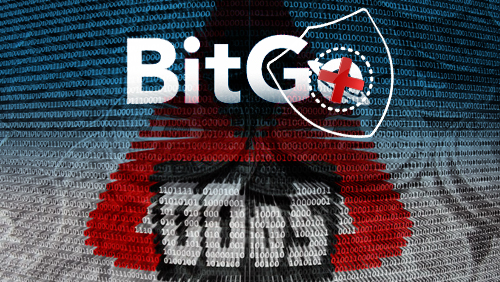 A word of warning to Bitcoin portals: No one is safe.
A word of warning to Bitcoin portals: No one is safe.
Several media outlets reported that BitGo, a bitcoin wallet service, was hit by a “massive” distributed denial of service (DDOS) attack last Saturday. The attack, which lasted between four to five hours, caused the company’s servers to completely crash, according to Softpedia.
The bitcoin wallet addressed the attack—an hour after it happened—by tweeting out: “We apologize for the issue, but we’re under DDOS attack at this moment. We’re working on it and will keep you updated.”
BitGo claimed to be “the most secure” bitcoin wallet solution in the market today. Bitcoin users normally have to wait several hours before their digital currency transaction is approved, but BitGo said it has developed a “ground-breaking and extremely secure platform” that allows “near instant Bitcoin transactions.
The wallet service, thanks to its unique offering, has gathered a following in the cryptocurrency sector, with companies such as Wirex, Bitstamp, Bitfinex, Unocoin, and Kraken making use of the BitGo platform. So it doesn’t come as a surprise that the weekend DDOS attack has caused a ripple effect in many of these companies.
Wirex, a bitcoin debit card company, has already sent out emails to warn its users to hold off on any digital currency transaction until the company receives a confirmation that the issue has been dealt with.
While unwelcome, DDOS attacks on Bitcoin portals is nothing new. The virtual currency space already has a bad rap following the infamous Mt. Gox case, which filed for bankruptcy in 2014 after claiming it had lost $450 million worth of bitcoins to hackers.
Last May, Hong Kong-based digital currency exchange Gatecoin was forced to shut down its service and ports after discovering a “potential leak” on its hot wallets. The company lost as much as 185,000 ethers and 250 bitcoins, worth an estimated $2.14 million.
The price of bitcoin already breached the $580 mark on Monday morning, hitting a high $585.99 with 173.57 million bitcoins in circulation.